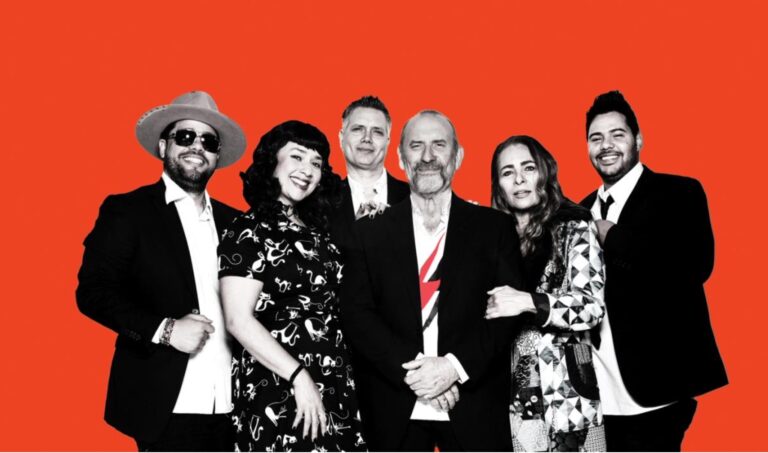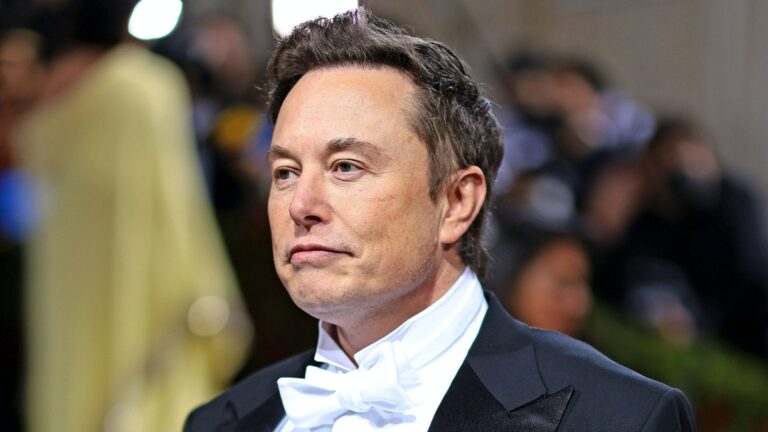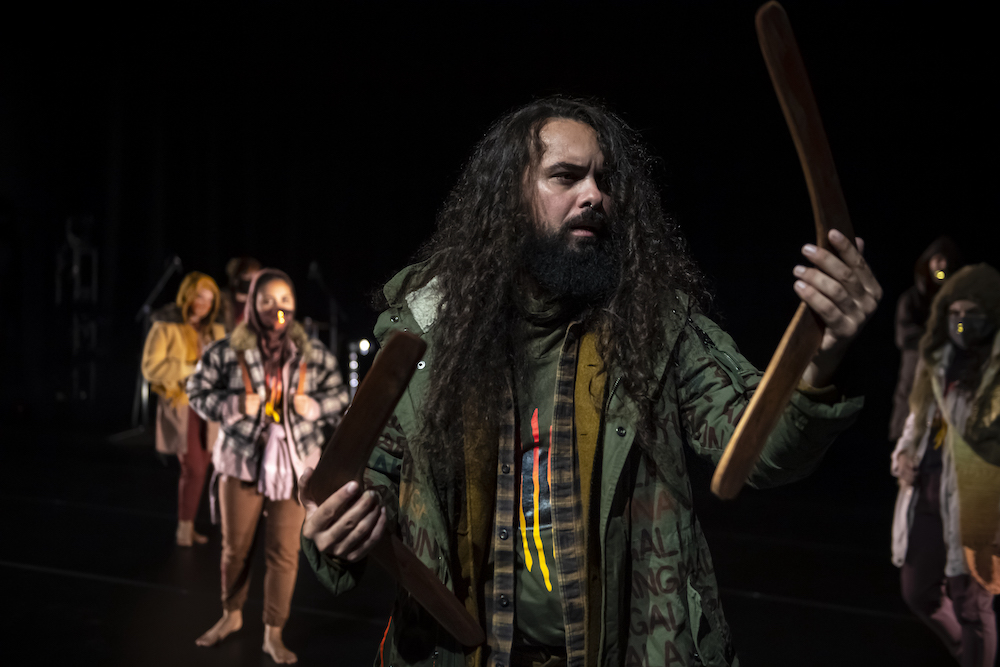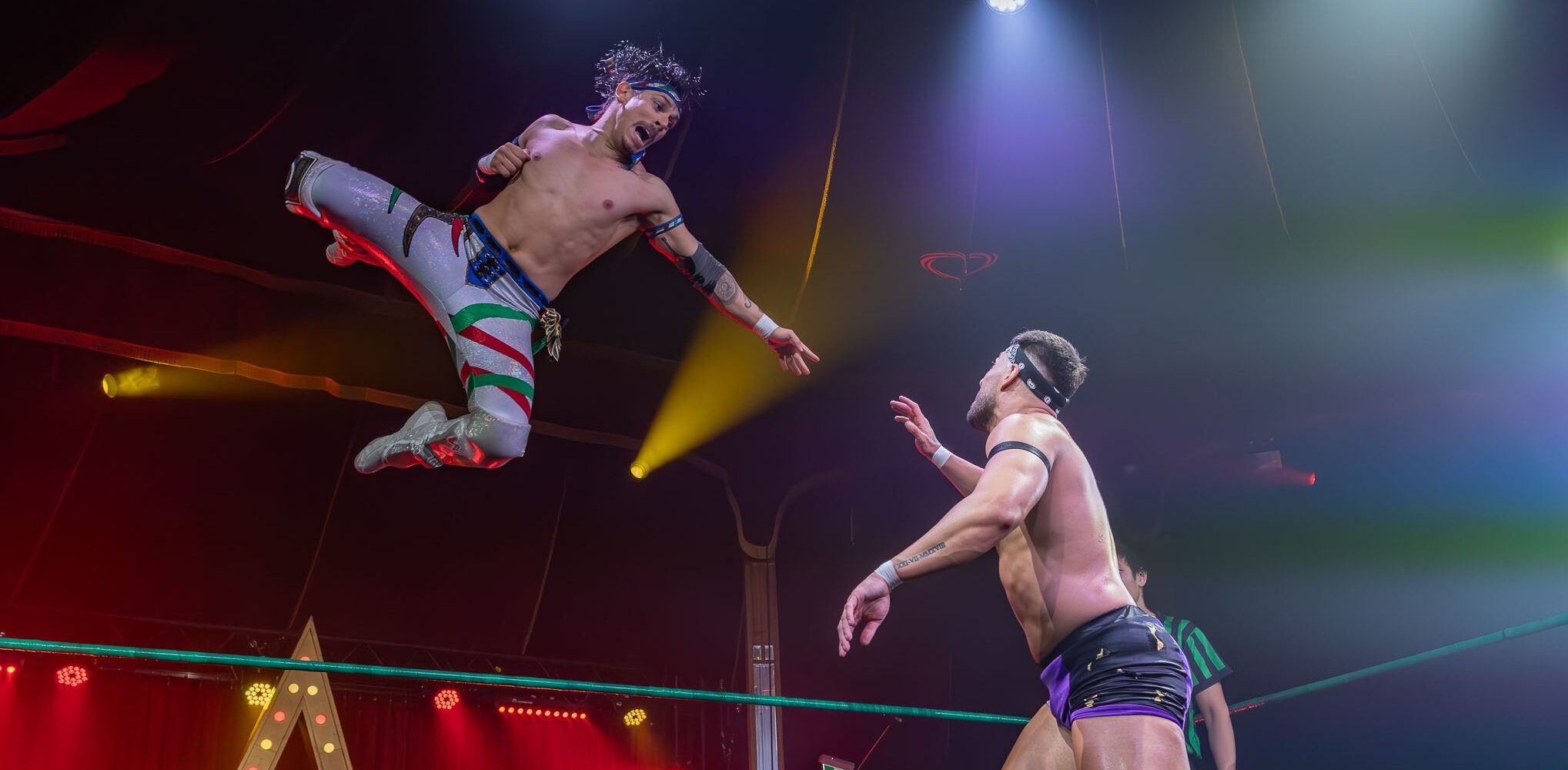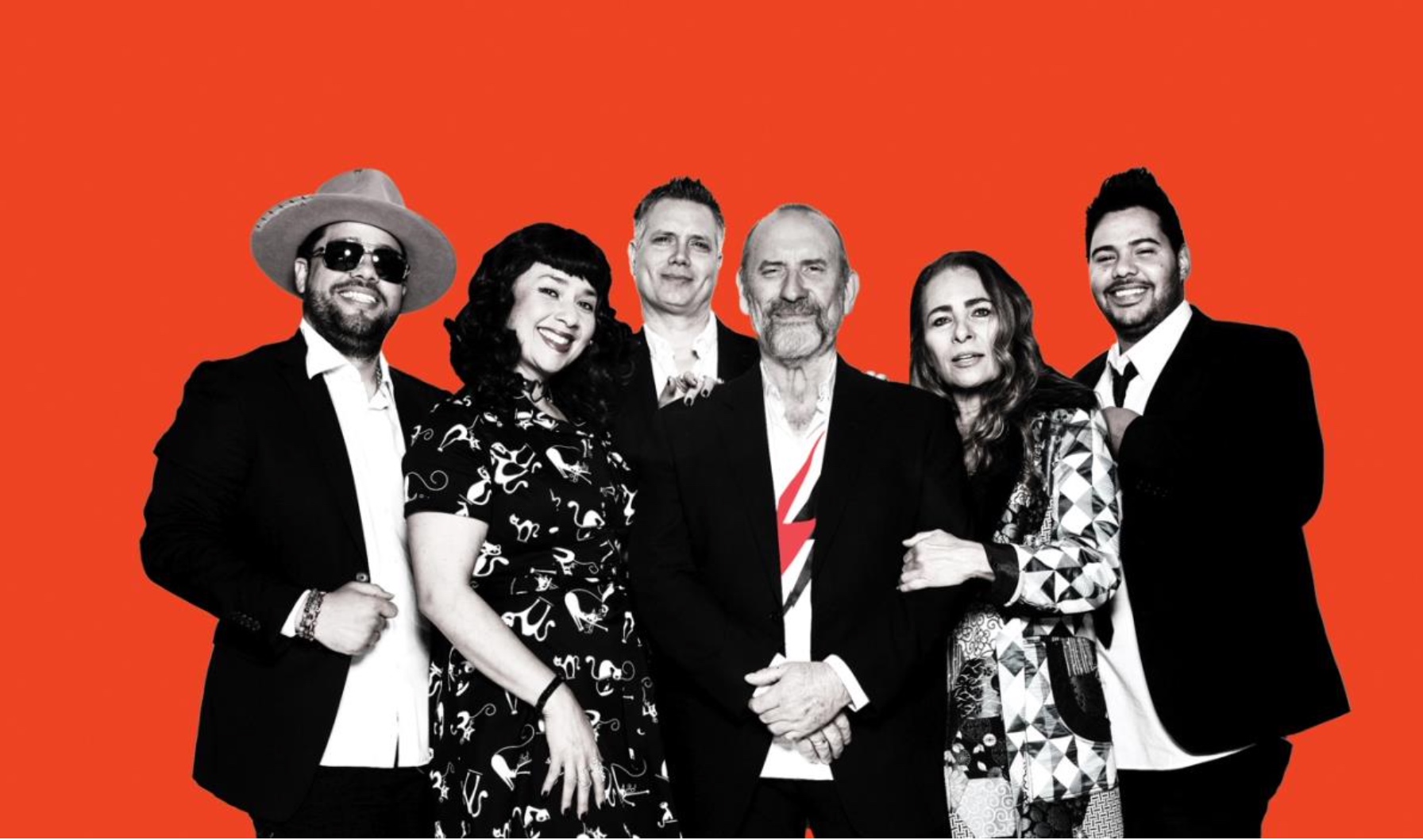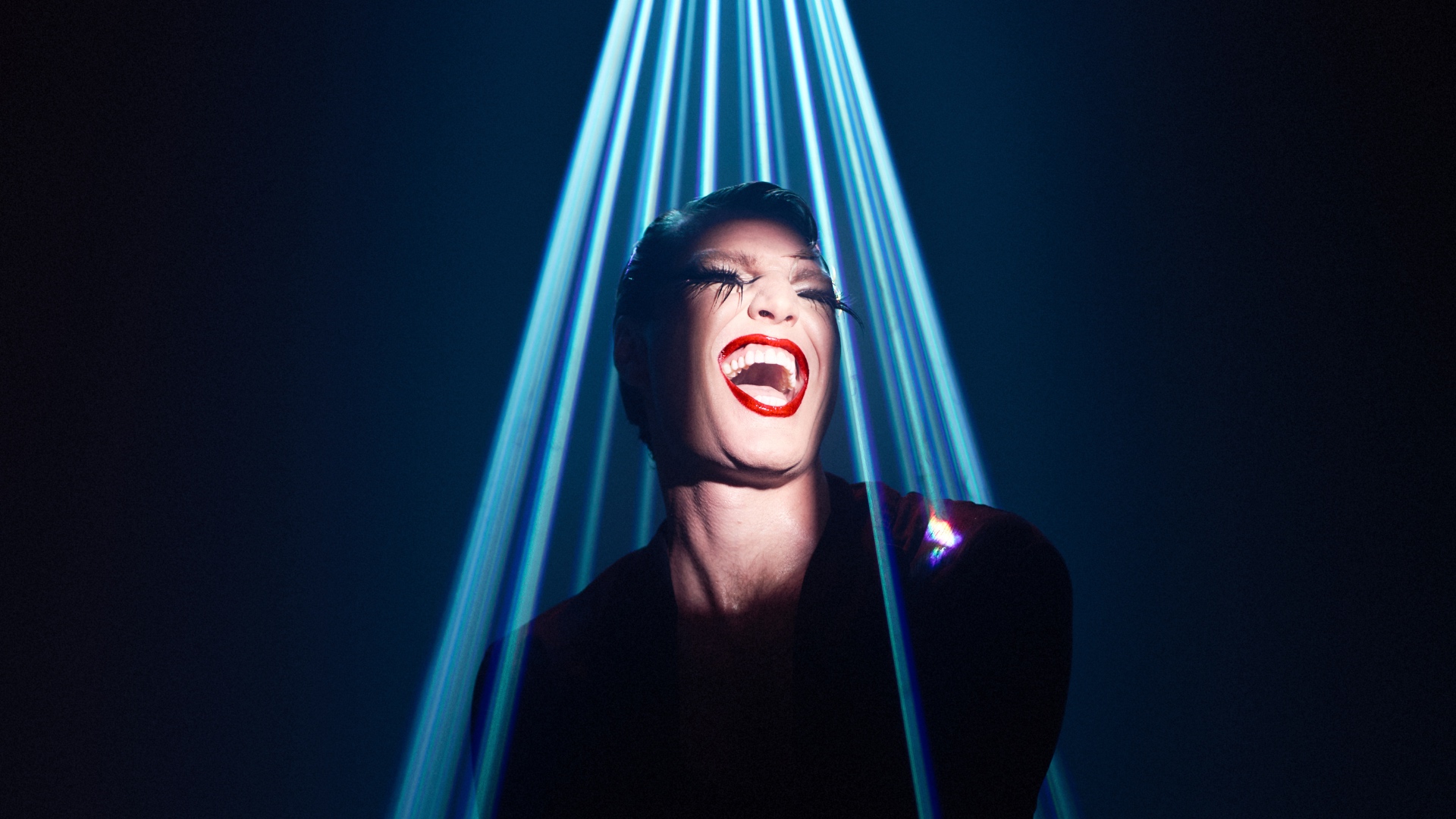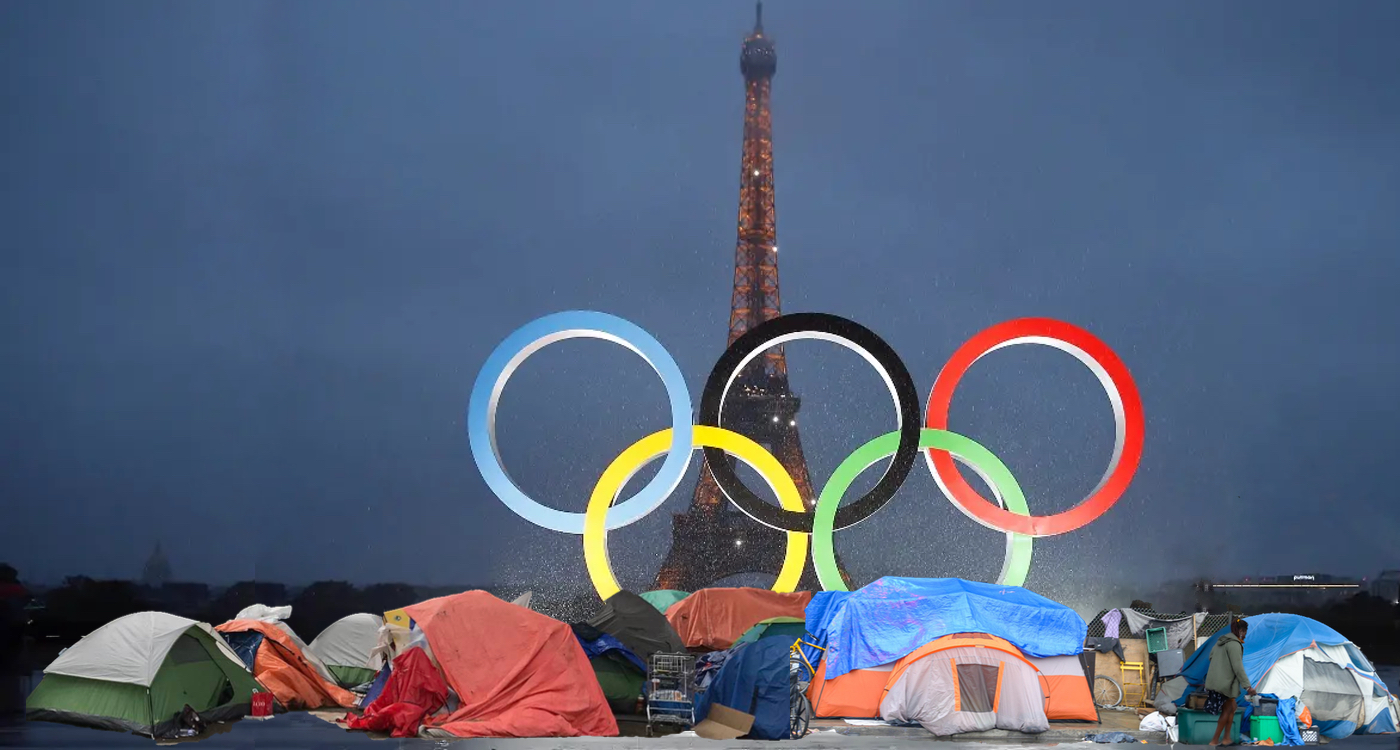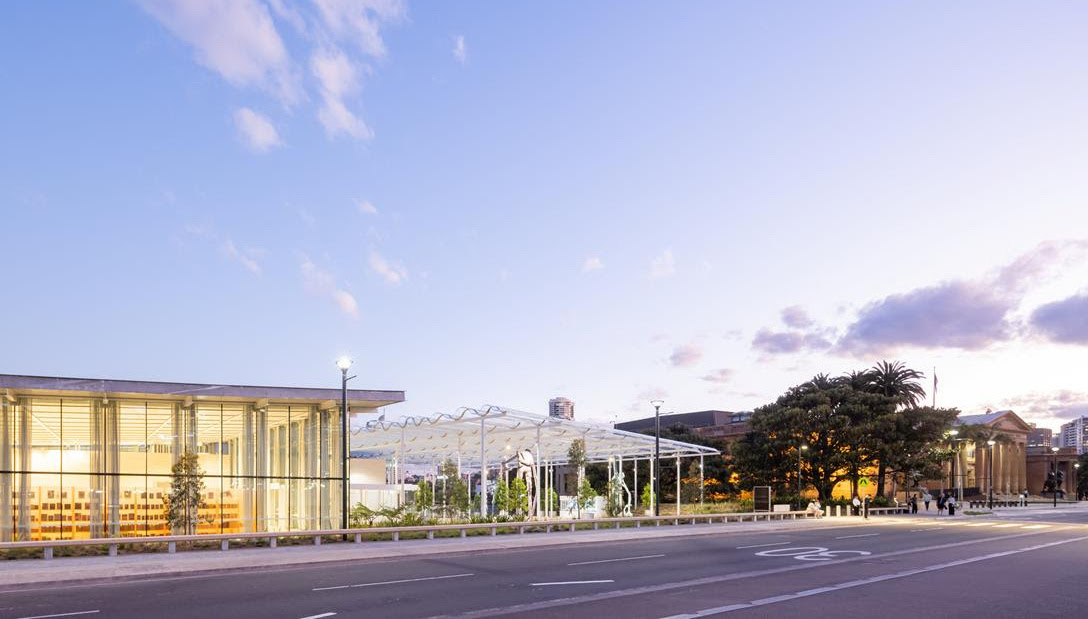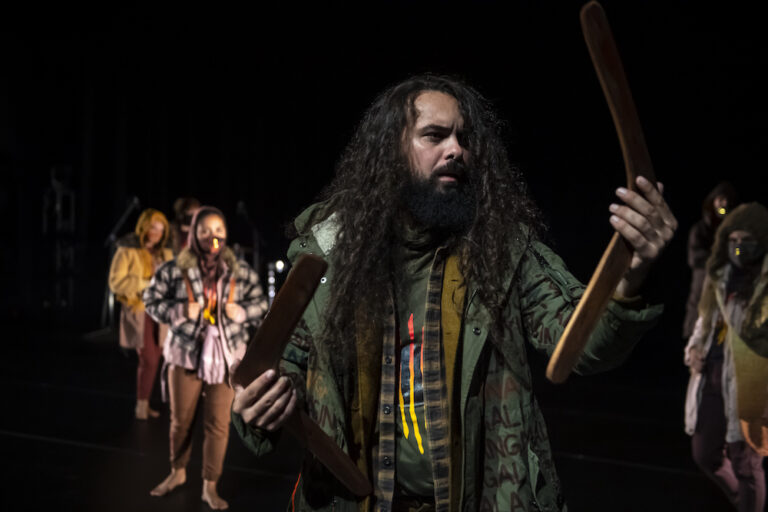
THE CARTOGRAPHER’S CURSE

Presented by the National Theatre of Parramatta and Third Space Productions, The Cartographer’s Curse weaves together elements of poetry, prose, music and parkour; reflecting a moment in history with effects that continue to stain the present.
In 1916, British diplomat Mark Sykes and his French equivalent François Georges-Picot, divided up the Middle East by drawing straight lines on a map.
The Cartographer’s Curse, written and directed by Paula Abood, follows the story of the Cartographer and his family, and addresses the consequences of greed and power on freedom; beyond its impacts on physical borders and boundaries.
“As I gathered pages of sadness about famine and forced conscriptions, and notes about political double dealing by French and British diplomats wrangling to set themselves up in the region as the new colonial masters once the Ottoman Empire fell on its head, this story became something else.” Abood said.
“The postcolonial and ongoing neo-colonial mess that started with those straight red and blue lines … remains with us today as refugees flee Syria and Iraq, the catastrophe that befell Palestine remains an open wound, and the frequent sectarian eruptive bursts of fire that plague Lebanon.”
Far from being fixed in the past, the marks of the 100 year old Sykes-Picot agreement are still visible today.
“Questions of sacrifice, resistance and disaster are played out across time so we see The Cartographer’s Curse as a timely piece; an artistic intervention if you like as a way towards making sense of the present through an allegorical reflection of the past.”
As a “curatorial paradise of sorts,” the production taps into the memories, stories and knowledge of a community and the Arab Australian ensemble cast through an array of disciplines.
The melodic sounds of the Qanun, a stringed Arabic instrument played by Mohamed Lelo, and the urban charisma of parkour performed by Ali Kadhim, work for instance, in symmetry. Spoken word poetry also inhabits the space of the stage along with academia, humour and story telling.
“The setting for our show has kind of been lost in the shadows of the past. This was such a traumatic time in history that there is little left but remnants of story, poetry and odes from our grandparents and great-grandparents.” Abood continued.
“Cultural trauma gets passed on down the generations in all sorts of ways,”
“After the invasions of Iraq over the last 25 years, the ongoing occupation of Palestine over the last 68 years, and the Lebanese political turmoil over the last 40 years, it would seem that that now is a perfect time to tell this story as Syria falls apart with a panoply of old world and new world imperialist and neo-colonial interests all in there with their barbarous militarism.” she said.
Creating theatre that encourages reflection, nurtures understanding and challenges a cursory narrative that discriminates and demonises, is perhaps something that needs to be spotlighted.
“Media driven tropes about ‘ancient’ conflicts in the ‘Middle East’ – itself a colonial term – East of where? – dominate news and popular culture.” Abood said.
“The predatory Islamophobic animus that is pulsating across contemporary Australia, France, Britain and the United States draws on Orientalist tropes of the ‘primitive, violent and dangerous subject’ as a strategy to legitimise containment and negation policies.”
Such attitudes bleed into the everyday and fosters a damaging social psyche that shapes the contemporary political landscape of our nation.
“Look how we think about and treat those seeking asylum; look who is calling for a ban on Muslim immigration. This racist discourse saturates our media and popular culture and is enacted in violent ways on our local streets.” Abood said.
“If we look to the critical past and understand how colonial and imperial powers have consistently interfered, blocked and attempted to bomb these very subjects into submission, then, perhaps we may see the present, and particular subjects and communities in a different way,” she said.
“These stories are our stories and we tell these stories in our own voices. Re-imagining history using shards of memory and collective imagination brings us closer to perhaps understanding where we have come from and who we are.”
Oct 5 – 8. Lennox Theatre – Riverside Theatres, Corner Church and Market Streets, Parramatta. Info: riversideparramatta.com.au


